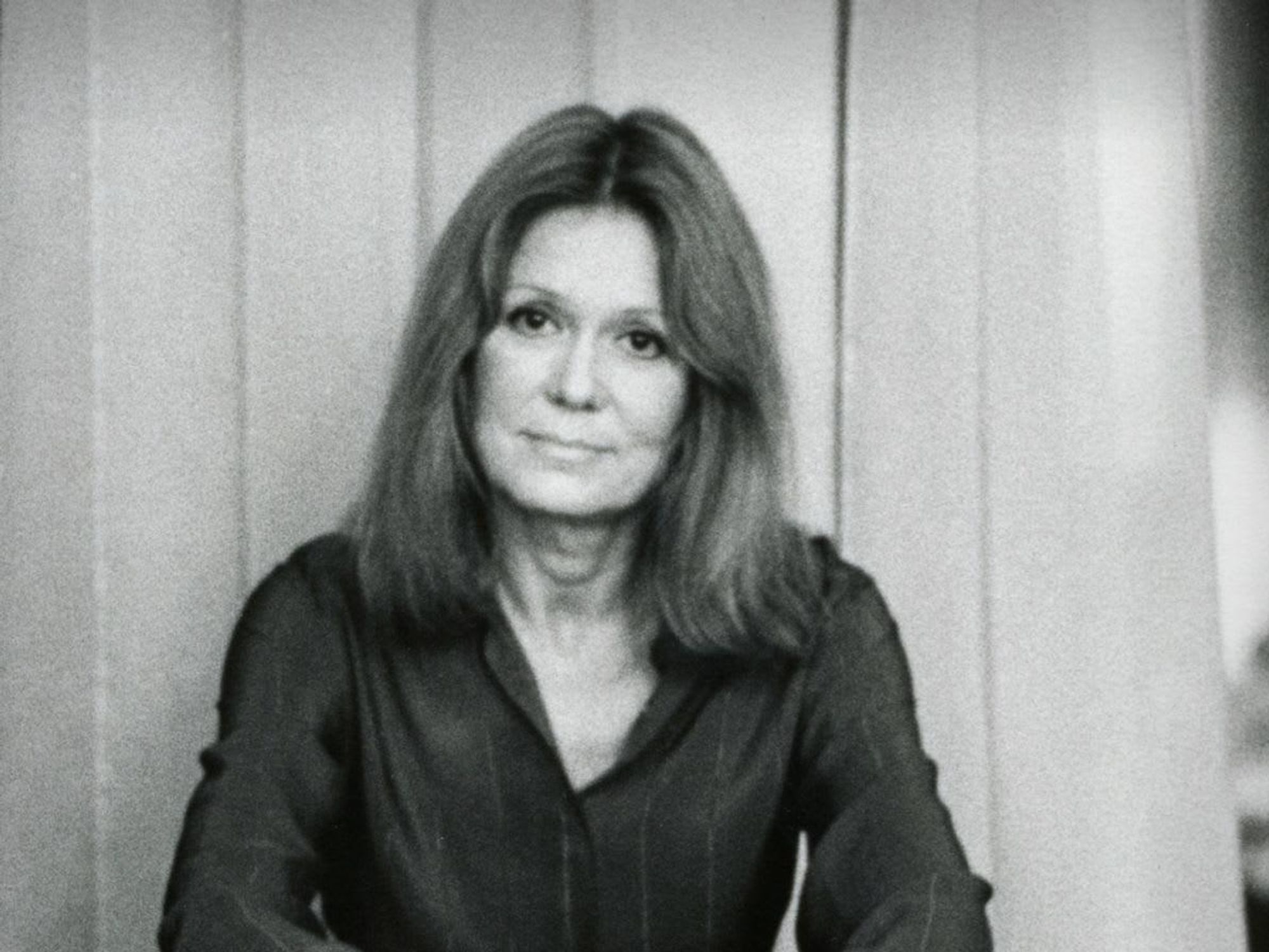Remote Viewing
HBO Documentary on Gloria Steinem makes moves to break down feminism's stereotypes
Aug 19, 2011 | 4:18 pm

Photo by Irene Kubota Neves
Growing up in Texas, you learn that there are some words you just don’t say because they aren’t polite, and any Texan child knows the value of manners and the severity of threats like having your mouth washed out with soap. So at all costs, we avoid words with propaganda-like nicknames: “the four letter word,” “see you next Tuesday,” and my personal favorite, “the f-word.” Shall we say it in unison? “Fem-i-nism.” Not in front of the ladies, now!
On Monday evening at 8 p.m., HBO premiered the documentary, Gloria: In Her Own Words, a film about Gloria Steinem and her inimitable, feminist voice. The documentary is a raw look into the life of the social activist: the highs vibrant, lively and full of color, (though I may just be remembering Steinem’s unending supply of colored sunglasses) and the lows as she herself admits, are black and white, lacking the veracity with which so many associate her.
The piece is a narrative progression from the start of Steinem’s career. Her move to New York is inundated with sexism, from finding an apartment on her own to gaining creditability as a young journalist. But the beginnings of a writer who wants to be taken seriously soon morph into images of an activist whose voice, often angrily opposed, fights for the equality that her younger self couldn’t have imagined. “The hostility is a step forward from ridicule,” Steinem says with a nod.
The first article of Steinem’s I ever read was published in the October 1978 edition of Ms. Magazine (which she cofounded in 1972) entitled, “If Men Could Menstruate.” Though I wasn’t among the first to read it, thirty years later, her well-worn prose remained shockingly relevant. On my first acquaintance with Steinem, I was struck by her wit, measure and honest ideas. I laughed at the absurdity of themed tampons for men and, thanks to my Texas upbringing, even came up with a slogan or two for the John Wayne brand. “Life’s hard. Even harder without John Wayne tampons.”
What I really gained from that short article—aside from strategies for marketing men’s toiletries—was that finding a voice empowers a person to speak about all different kinds of things, in ways never before thought of. Before Gloria Steinem, who knew that women’s rights could be attested by mockery of men’s menstrual cycles; who would have thought an article about men menstruating could be ever published, and in a magazine dedicated to feminism, nonetheless?
While Steinem’s story is uniquely her own, the images that comprise the piece are those that we all know quite well: grainy, black and white video of women protesting the right to vote; a mob of women pouring the streets in the 1970 Strike for Equality March; a news clip of a Walter Cronkite broadcast with the text “Roe V. Wade Decision January 22, 1973” at the bottom of the screen. They are those events that have so rightly gotten us to the place we are at today; a place where feminists old and young join together to laud the efforts of those before us and begrudge the term that unites us all together.
We all know that were it not for feminism, any woman reading this article would be forced to check a box on her web browser that said, “My husband knowingly has given his permission for me to access the internet." But why, then, can’t we don our “This is what a feminist looks like” t-shirt and sit side by side as a unified group without any preconceived notions from our peers about the connotations that feminism might bring?
For me, this HBO documentary makes some headway in answering this question. It is incredibly refreshing to see a singular woman’s story. We constantly hear the women’s movement, the women’s federation, and even though, as individuals we are part of these things, we don’t want to have to dye our hair magenta to be noticed on our own.
Gloria Steinem is an outstanding, talented writer, an activist whose ideas are formative in the alteration of so many people’s understandings of women’s rights and more importantly of equality—mine included. But she is one person to whom we can turn for inspiration within the movement that so inspired her.
Rather than take her experience as universal, it’s time to recognize that feminism is a familiarity of ourselves that we find within the larger group. And while the movement is growing globally to new people in far away places, it’s because of how these worldly, unifying ideas impact singular stories—like Gloria Steinem’s—that feminism, however dirty of a word, is still able to connect us. She says so herself, “Do not listen to my advice—listen to the voice inside you and follow that.”
